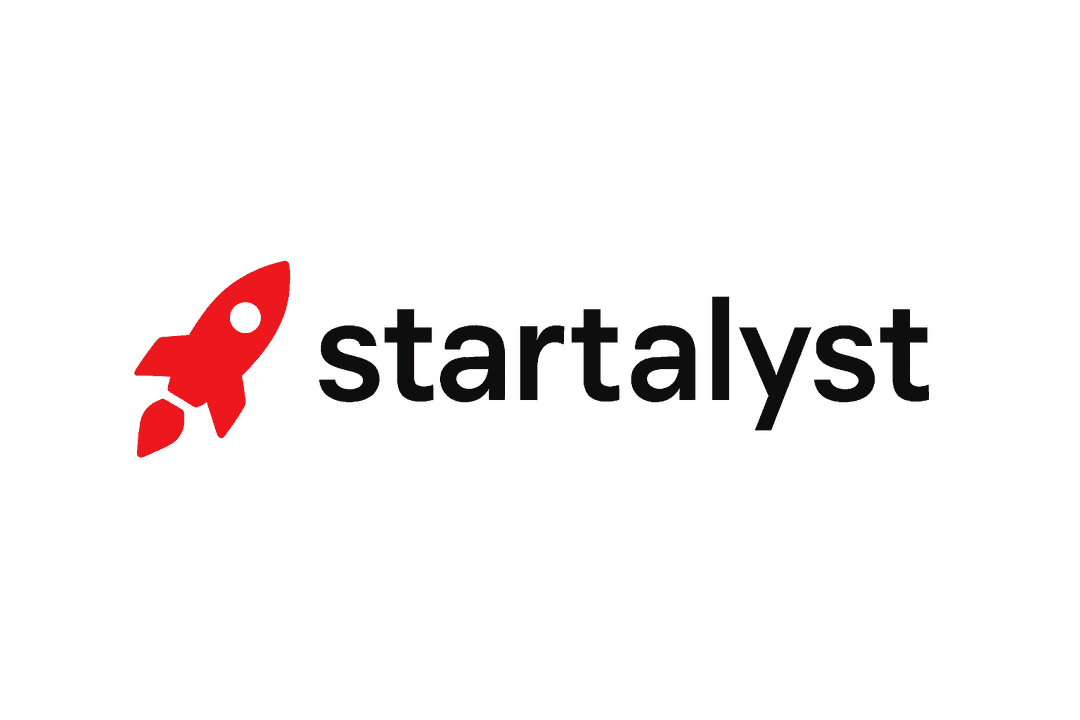Entertainment Business Ideas Starter Guide
How to Get the Best Results
Start with a clear customer setting: weddings, corporate mixers, family festivals, or streaming audiences all want different things. Match one specific audience to one deliverable, like a themed party package or a short-form show, rather than trying to serve every event type at once.
Test small and iterate fast: run one pop-up show, record one branded livestream, or host a private listening session to collect feedback and testimonials. Use those quick wins to build a predictable offer and a simple pricing menu for repeat bookings.
Step 1 — Who are you?
Pick the description that matches your current strengths and contacts; each line shows a concrete entertainment business advantage you can start from today.
- Local club promoter with venue relationships — booking — I can secure favorable weekend slots and launch recurring themed nights to build a steady crowd.
- Music producer with home studio access — production — I can create affordable custom tracks and jingles for indie filmmakers and event brands.
- Standup comic with a set library — performance — I can package corporate-friendly short shows and emcee packages for company parties.
- Videographer familiar with short edits — content creation — I can produce highlight reels and promotional clips that increase event bookings.
- DJ with a curated library — mixing — I can offer genre-specific DJ nights and private party sets that command a premium.
- Theater director used to small casts — production design — I can mount intimate immersive experiences and pop-up performances in nontraditional spaces.
- Podcast host with interview skills — audio production — I can create branded interview shows or live-recorded sessions that attract sponsorships.
Step 2 — Add interests & skills
List relevant interests and skills you enjoy; each one maps to a concrete entertainment business idea you can test quickly.
- Live event planning You can design turn-key party packages for venue owners and private hosts.
- Script writing You can craft short episodic concepts for web series or themed live shows.
- Social media strategy You can grow event audiences with targeted reels, countdowns, and behind-the-scenes clips.
- Lighting design You can upsell ambience packages that transform ordinary rooms into stage-ready environments.
- Sound engineering You can offer AV support bundles that guarantee clean mixes for podcasts and performances.
- Brand partnerships You can secure sponsorships for festivals and pop-ups to cover production costs.
- Children’s entertainment You can create educational show formats for libraries and birthday circuits.
- Interactive experiences You can build escape rooms, immersive dinners, or audience-driven theater formats.
- Streaming tech You can deliver live hybrid events that sell virtual tickets to out-of-town fans.
- Merch design You can produce limited runs of event-themed merchandise to increase per-attendee revenue.
- Music licensing You can package original tracks for indie game and film creators to purchase.
- Talent management You can represent niche performers and place them at festivals and corporate stages.
Step 3 — Set available capital
Decide how much you can invest up front and choose ideas that match that budget so you can reach break-even faster.
- ≤$200 Focus on service-based offers like emceeing, DJ mini-sets, or podcast editing where your time is the main input and equipment needs are minimal.
- $200–$1000 Rent higher-quality gear, prototype a pop-up show, or run paid ads to test a themed event concept with a small paid audience.
- $1000+ Invest in scalable assets such as a mini-studio, a locked-in venue residency, or a small production that you can turn into multiple ticketed performances and digital products.
Step 4 — Choose weekly hours
Pick a realistic weekly time commitment so your operations and marketing match what you can actually deliver.
- 5–10 hours You can run booking outreach, manage social posts, and fulfill a few weekend gigs without sacrificing quality.
- 10–20 hours You can launch a recurring show, handle light production, and steadily grow an email list for ticket sales.
- 20+ hours You can scale to multiple events per week, build a small team, and develop evergreen digital products tied to your shows.
Interpreting your results
- Match your strongest background, the interests you enjoy, your capital band, and your available hours to shortlist 2–3 ideas that are both feasible and motivating. Prioritize ideas that use existing contacts or equipment to reduce time to first sale.
- Run one low-cost experiment per idea: a one-off pop-up, a paid livestream, or a private client gig. Measure revenue, bookings, and audience feedback, then double down on the winner.
- Be specific about offers: name the package, list exactly what the client receives, and set a nonnegotiable price. Clear deliverables sell better than vague promises.
- Reinvest early profits into what converts—better lighting, a stronger ad creative, or a reliable venue—rather than spreading money across too many experiments.
Use the generator above to combine your background, selected skills, budget, and weekly hours into tailored entertainment business ideas you can start testing this month.
